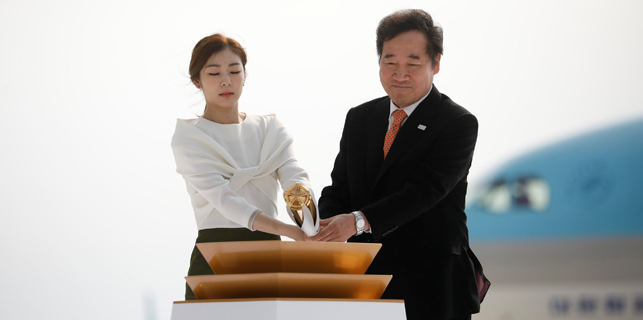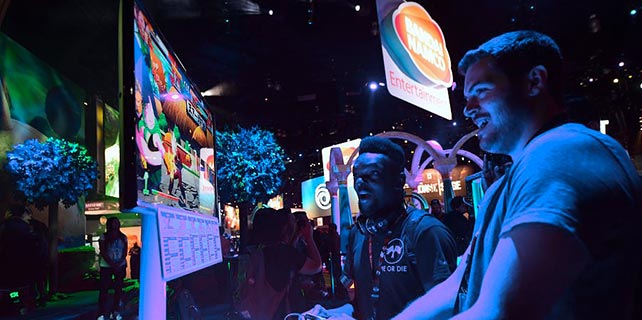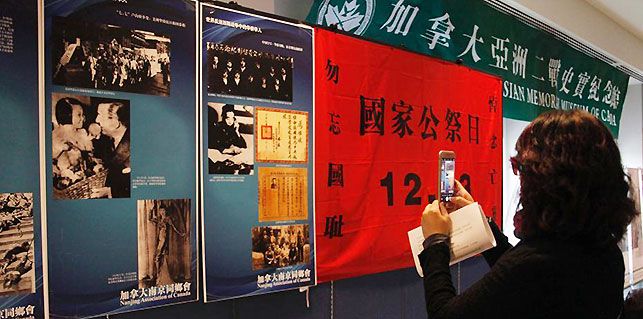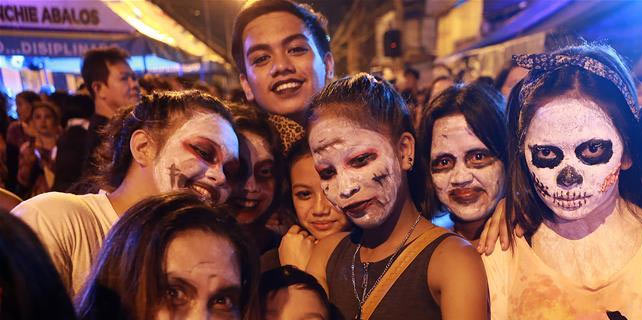Cinematic draw
"The first overseas film festival I attended was Berlin in 1998. That was also my first visit to Europe," he says. "I felt the strong cultural differences in what was a whole new world to me, and that experience inspired in me many new ideas," he says.
"Now, I hope overseas filmmakers can equally experience the cultural differences when they visit a small city in China with such well-preserved classical Eastern aesthetics."
Films from countries in Asia, South America and Eastern Europe dominate the screening list at the first Pingyao festival.
"Due to highly developed marketing channels, American and Western European films are easily accessible to Chinese filmgoers," Jia says. "However, the most dynamic creativity in the film industry is now in developing countries.
"Films in these regions more obviously reflect social change. Sadly, information about them is severely lacking."
Jia says he is not deliberately creating a force to counter the cultural influence of American film.
"At least we can have another type of movie to have an equal dialogue with them," he says.
Recently, Jia produced Where Has the Time Gone?-the first cinematic collaboration between filmmakers from all five BRICS countries (Brazil, Russia, India, China and South Africa)-which may be a motivation for Jia's desire to see fresh voices in world cinema.
As a native of Shanxi province, Jia's choice of Pingyao as the location for the festival appears to be a mark of respect for his homeland.
"I left Shanxi to live in Beijing in my 20s," he says nostalgically. "Shanxi has become very unfamiliar to me. I'd like to come back and search for my past."
However, Jia's home province has never been far from his heart. Shanxi has always been the preferred backdrop for his films, and the dialogue in his movies is often written entirely in the local dialect.









